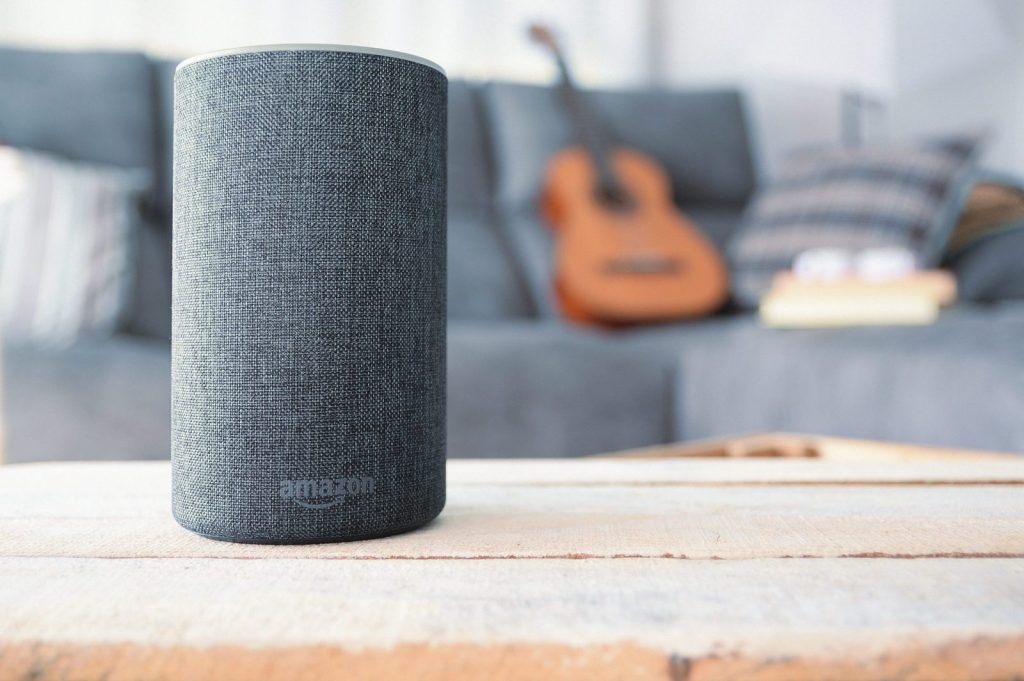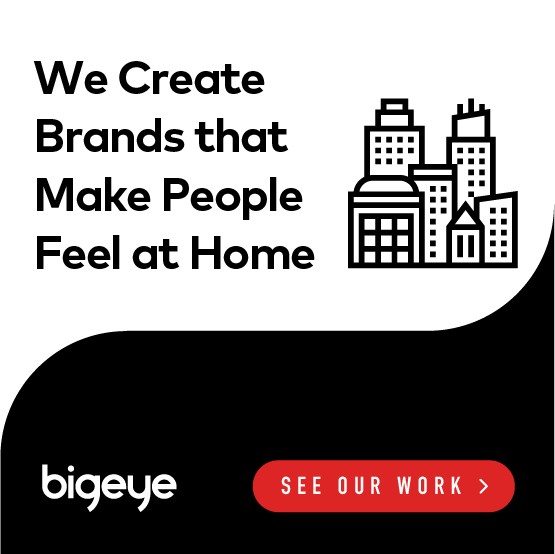
Amazon smart devices are in millions of homes and soon might be collecting rent. Here’s what brands need to know about real estate marketing strategy.
Being a property manager is no easy job – you’re on call all the time and you interact with people in problematic and stressful situations. Wouldn’t it be nice if we could outsource many of a property manager’s tasks to some powerful, all-knowing entity who works tirelessly and never sleeps?
Good news – that scenario is becoming reality, as Amazon’s Alexa and other smart home devices have the potential to allow tenants to request repairs, pay rent and manage a whole host of in-home experiences. It’s a development that has the potential to transform multiple industries, and should be of deep interest to anyone formulating real estate marketing strategy.
Alexa will be the first to greet you
Amazon is pursuing a new product strategy that will see their smart speaker device pre-installed in thousands of leased properties across the United States. The company’s Alexa Smart Properties Team partners with homebuilders, property managers, and hotel operators to custom-fit new residential units with Alexa-powered tech.
By doing so, Amazon can reap the benefit of gaining a vast new group of customers and property owners will benefit from advanced property marketing. Once Alexa is embedded into the smart home ecosystem, tenants will use the devices to order groceries, household goods and other services.

As mentioned above, Alexa can also serve as a proxy property manager, easing the strain on management staff and helping provide tenants with timelier service when issues arise. This will be accomplished through the integration of third party apps such as Zego. These apps can facilitate repair requests and even deduct rent payments directly from a user’s bank account when given an “Alexa, pay my rent” command.
Managers can also use smart speakers to remotely grant access to contractors and repair workers, remotely adjust HVAC levels in unoccupied units, and gather insights into tenant preferences.
An evolution toward the smart home experience
Global growth in the smart speaker segment is growing at a rapid pace. According to projections from IDC, shipments of smart speakers devices are projected to grow by 27% in 2019. By 2023, 1.6 billion devices are expected to be shipped annually, making smart speakers as ubiquitous as smartphones.
Amazon and Zego hope to push their products into millions of new homes over the next few years. Amazon’s chief smart speaker competitor, Google, isn’t standing still. Google is pursuing its own partnerships with homebuilders and property firms, including Century Communities, one of the largest homebuilders and property developers in the United States.
Amazon is also seeking to enter the stadium and hospitality spaces. Alexa can be used in hotels to provide concierge-like services: Ordering towels, room service, wake up calls and other functions. At stadiums and concert halls, Alexa can be used to order beverages, adjust seats and perform other useful services.
All of these advancements point to a future where smart devices aren’t merely an intriguing add-on feature, but rather a deeply integrated tool that’s wired in to everything that occurs in a home. As smart speaker adoption gains critical mass, these devices have the potential to become the central nervous system of the home – making life easier and more convenient for residents and property managers alike.
Is your real estate marketing strategy up to date?
Technology moves at lightning speed – but sadly we can’t say the same for most property development marketing. Too many multifamily marketing and apartment marketing agencies are stuck in the analog world and incapable of providing their clients with innovative campaigns driven by cutting-edge technology.
At BIGEYE, that’s precisely what we offer. If you’d like to see how a creative, forward-thinking agency approaches real estate marketing strategy, we urge you to contact us today.


